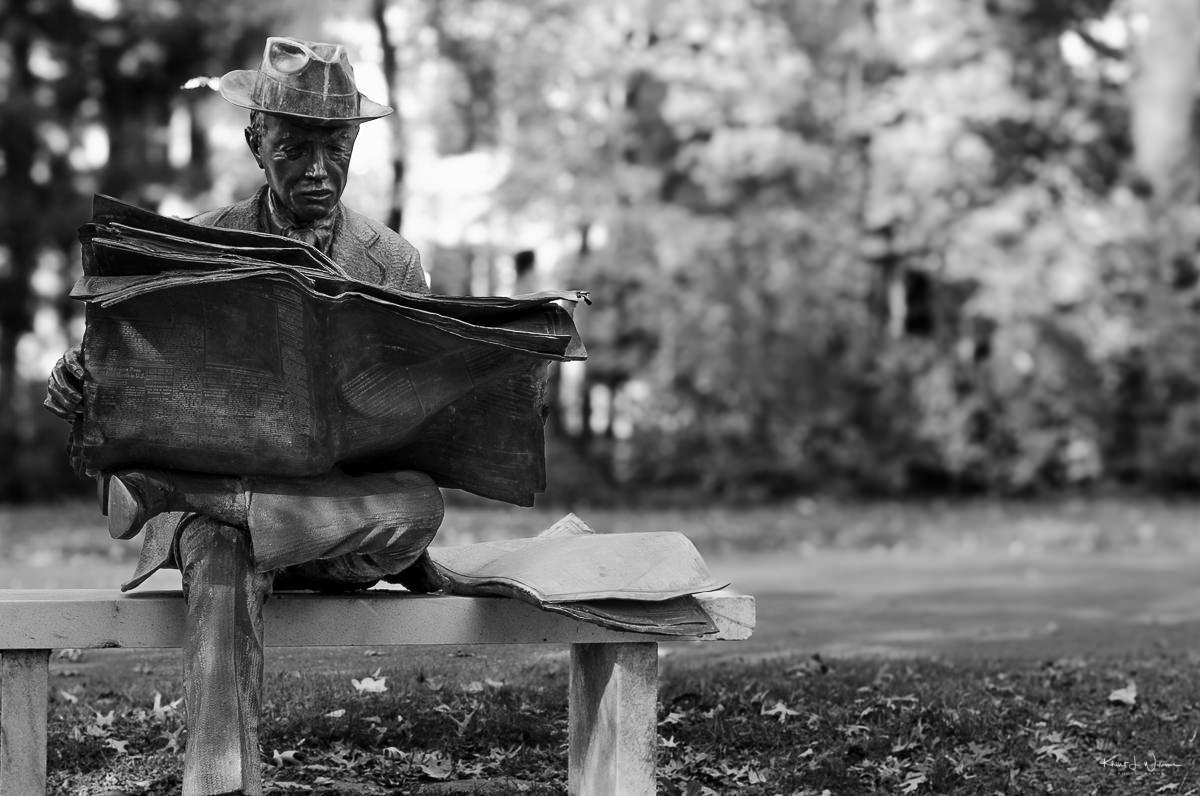You… yes you.
Who should you thank for Facebook’s Libra?
“One of the UK’s leading privacy researchers” University College London The DECODE project And, if you’re an EU citizen who pays their taxes,
You. Surprised? Don’t be.
None of this was unforeseen Today, the EU acts like an unpaid research and development department for Silicon Valley. We fund startups, which, if they’re successful, get sold to companies in Silicon Valley.
via Tom Zylstra
I have used the phare, "I'm busy", in the past. It's not part of West Indian culture so I must have learned this way of signalling one's worth from living in the USA. I'm not sure when I stopped trying to be busy.
Imagine if we were to temporarily step outside of our busyness and examine it from the outside. Why are we so damn obsessed with doing stuff all the time? Busy — is this the way we want to live and define our lives? Given the objectively absolute fact that we are only here for a limited time, is busyness even a rational benchmark for quantifying the value of our existence? To what extent do we ‘choose’ to be busy — or to what extent are we caught up in a toxic cultural motif or script?Why are we busy? by James Shelly
The Internet Judgment Machine is a forever machine, not unlike, the Terminator. Mistakes are forever punishable. Forgiveness is becoming a word with no meaning. The Intenet never forgets is a problem.
Kashuv had planned to attend Harvard in fall 2020 after completing a gap year, but shortly after his past racist comments became public, administrators advised him that his acceptance could be withdrawn "if you engage or have engaged in behavior that brings into question your honesty, maturity, or moral character." He was asked to provide a full explanation for his behavior, which he did. He also emailed Harvard's Office of Diversity Education and Support, vowing to make amends. This office told him "we appreciate your thoughtful reflections and look forward to connecting with you upon your matriculation in the fall of 2020."
Alas, it was not to be: The dean of admissions decided to rescind Kashuv's admissionHarvard University Cancels Kyle Kashuv by Robby Soave on Reason
These are the same cohort who routinely fall off cliffs and building and get mauled by wild animals while attempting to capture the best selfie.
In a post written last year, I explained why it's a mistake to give special credence to the policy views of victims of horrible tragedies. Surviving a school shooting, or some other awful event, doesn't give you any special insight into the moral and policy questions at stake. Survivors deserve empathy and respect—but not deference to their policy views, except in rare instances where they have genuine expertise on the subject. Why We Shouldn't Treat Survivors and Victims as Authorities on Policy Issues by Ilya Somin on Reason
Western society is headed toward a place where we are trading real freedoms in exchange for perceived freedoms.
The ban was implemented following an ASA review which concluded that stereotypical depictions pave the way for "real-world psychological, physical, economic, social and political harm for individuals and groups."
...
Gender stereotypes "constrict people's choices," says the ASA review. Yet the ban itself does precisely that, as it limits companies from advertising their products as they see fit and shields consumers from ideas associated with wrongthink.The U.K. Has Banned 'Harmful Gender Stereotypes' in Advertisements by Billy Binnion on Reason
I'm starting to see a pattern to these articles. The theme seems to be "judgment"; judging others against one's moral standard and trying to "force" them to live by that standard. It's a dangerous trend.
In addition to bans, fees, and moral preening, anti-plastic bag advocates have a new trick up their sleeve for inspiring you to bring a reusable tote on your next trip to the grocery store: shame.
Two weeks ago, East West Market, a grocery store in Vancouver, Canada, rolled out a new line of single-use plastic bags for customers who don't bring bags to the store. The bags feature less than flattering business names, including "The Colon Care Co-Op," "Into the Weird Adult Video Emporium," and "Dr. Toew's Wart Ointment Wholesale."Anti-Plastic Bag Activists Have a New Weapon: Shame by Christian Britschgi.

